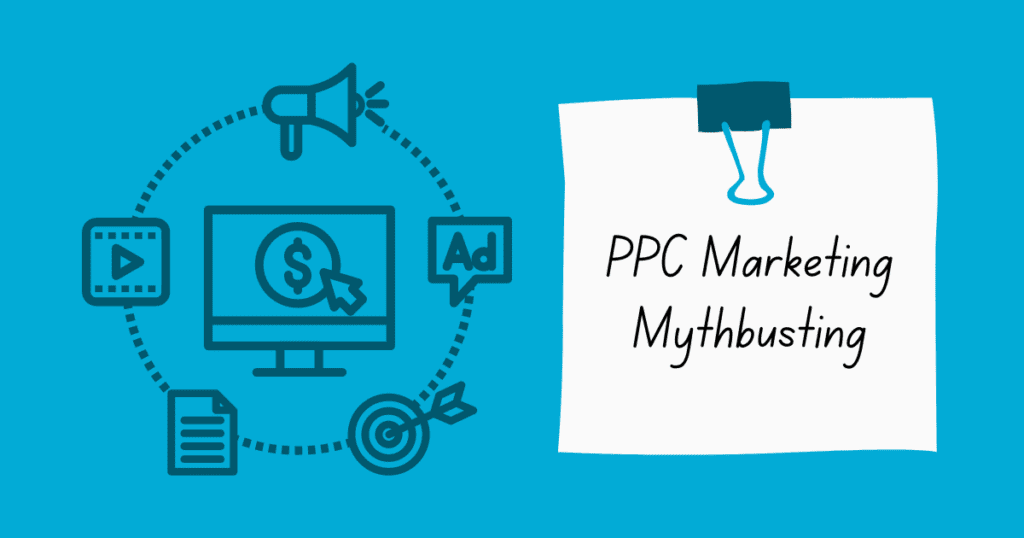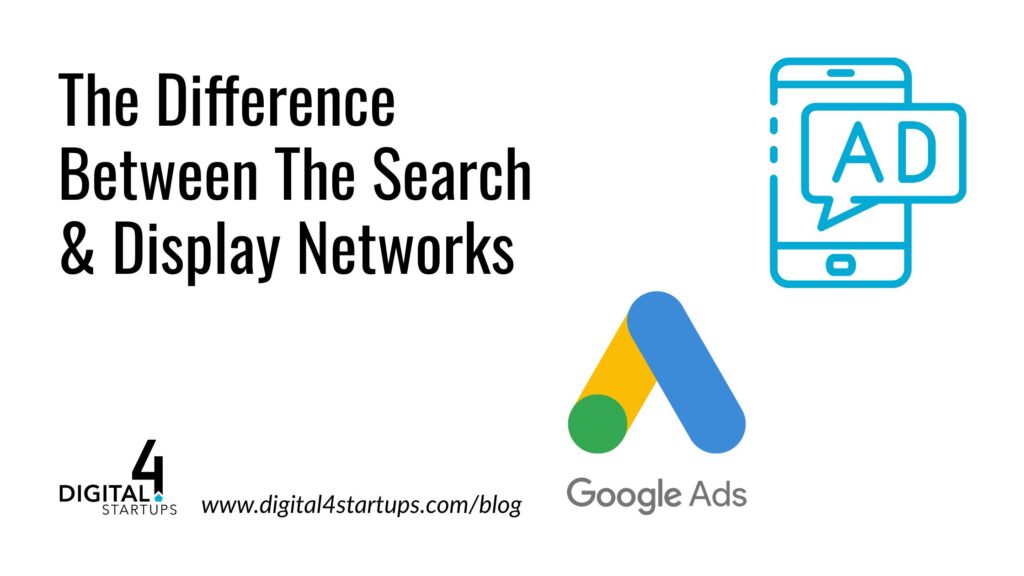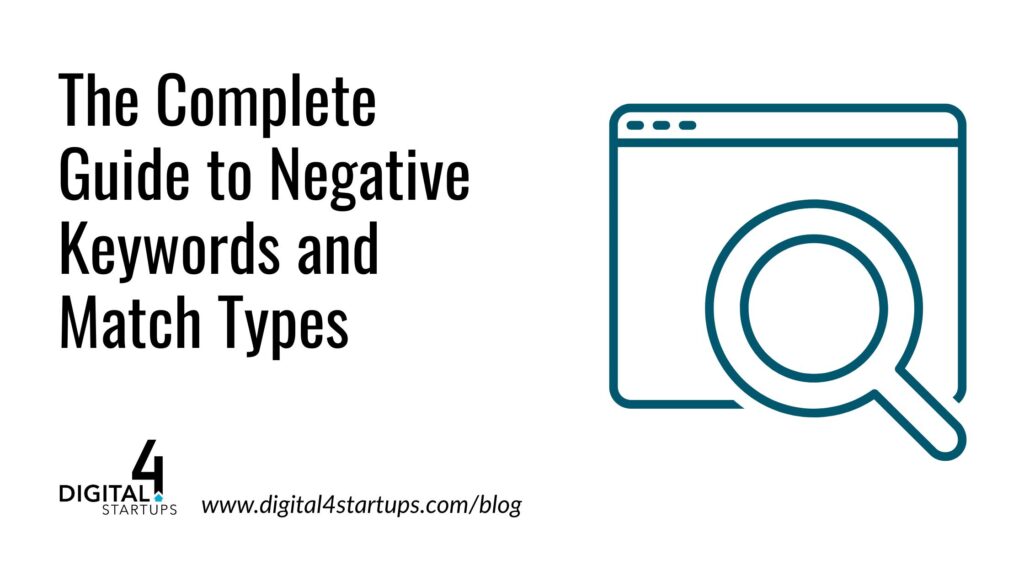
In the world of Internet marketing, PPC advertising is shrouded in myth and mystery. PPC, or pay-per-click advertising, is a type of digital marketing where you pay a fee every time your ad is clicked.
With secret auctions and a long list of rules to follow, it can be daunting for people to start their pay-per-click journey. Not only that but digital advertising newbies are bombarded with misinformation.
Often you’ll hear, “PPC is too expensive” or “Pay-per-click only helps with short-term goals.” And unfortunately, these myths about PPC can hinder businesses or individuals from using this valuable and accessible resource.
So, in order to wade through the waters of misinformation, we’re going to bust some of the most common PPC myths. Let’s get myth-busting.
Myth 1: PPC Is Too Expensive
We get that, at first glance, it seems like PPC will burn through your monthly budget. But with the right settings and strategy, it doesn’t have to.
The great thing about PPC is that it’s customizable. When you’re building a campaign, you’re able to set your daily and monthly budget. By doing this, Google can prevent overspending because once your budget is spent, the ads stop showing—full stop. (It’s important to note that your campaign can show up to 2x the daily budget without you being entitled to a refund, but it can’t exceed your monthly budget which is the average of your daily budgets x 30.4.)
Say you have some surplus cash that you want to put towards a specific campaign. You can easily increase your budget as well. With PPC, it’s important to note that you’re in control of spending—and you can increase or decrease your budgets at any time based on your results.
And remember, you only get charged if someone clicks on your ad (so make sure you have some compelling ads).
Myth 2: Only Big Businesses Can Succeed With PPC
In the words of Dwight K. Schrute from The Office, “False.” Sure, big brands have bigger budgets and can bid on more keywords, but small businesses are more than capable of finding their success in the PPC world. We are Digital4Startups, after all. We exist to help businesses of all sizes discover their own version of PPC success.
And by design, PPC is meant to serve all kinds of businesses. Since you can set your budget and only have to pay when your ad is clicked, PPC is a highly cost-efficient method of advertising.
Besides cost-efficiency, there are several other benefits for small businesses to use PPC advertising. From targeting optimal audiences and building your brand to improving SEO and analyzing key metrics, PPC is a way for small businesses to learn about their customers and adjust their marketing strategy based on their campaign results.
With the right tactics, PPC can transform not only your business, but your digital footprint as well.
Myth 3: Small Businesses Can’t Compete Against Big Brands
It might seem brands like Dunkin’ Donuts, Burger King, and Subway are always going to dominate with PPC, right? These brands, after all, are household names with massive budgets to advertise across digital. However, there are several ways for small businesses to compete against larger ones with PPC.
For example, small businesses can bid on long-tail keywords. Long-tail keywords may have less volume, but they’re valuable because they are cheaper and can still yield conversions. Continuing the local sandwich shop example, that small deli can bid on “Local Sandwich Shop In Roscoe Village, Chicago.”
Another way small brands can compete is by targeting high-volume keywords at specific times. Although, “Sandwich Near Me,” might be too expensive to bid on regularly, the local sandwich shop can bid on it at various times of the day—like Fridays from 8:00 pm to 10:00 pm. This can direct traffic away from competitors and towards your brand instead during those times.
When it comes to PPC, size doesn’t matter and there are strategies available for you to compete with bigger brands.
Myth 4: PPC Impacts Your Organic Rankings
Some people think that advertising on Google is like a cheat code in a video game. Google paid advertising is a business’ secret weapon—a tool they can use to get ahead. However, that’s unfortunately not the case.
Google doesn’t play favorites and it doesn’t reward businesses for using its paid ad services. And we’re not just saying that. Google takes its algorithm seriously, and it wouldn’t jeopardize its capacity for showing users the most relevant search results within organic rankings.
The trick to improving your organic rankings? Make sure your content is unique, helpful, and able to be shared.
Myth 5: With PPC, You’ll Get Instant Results
PPC relies on data, and unfortunately, data isn’t obtained in one day. It takes time to collect significant data samples and learn who your target audience is or what ads are performing the best.
Not only does it take time to collect data from your campaign, but depending on your product, you might have to target people through an entire sales funnel—from awareness to consideration to purchase.
Long story short, it takes time to collect data and optimize your PPC ads. But with a little patience, you’ll be able to analyze your performance and go from there.
Myth 6: More Clicks Does Not Mean More Conversions
It makes sense to think that when you see more clicks, you also see more conversions. Unfortunately, however, increased traffic does not equate to increased conversions.
Why? Because even if your traffic is high volume, it can also be low quality. The reason this happens is because you’re targeting the wrong audience.
Imagine you’re an app developer and you just created the next big addicting game. As this is your first iteration, however, you only developed it for iOS. Unfortunately, your ads were targeting Android users, instead of iPhone users. So even though the ads increased interest and traffic to your site, those Android users couldn’t actually download the app.
You increased traffic, but conversions didn’t increase because you were targeting the wrong group of people. Make sure your targeting and value offer align to your prospective customers, and you should see a better correlation between increased traffic and conversions.
Myth 7: Google Advice/Best Practices Are Always Right
It’s no secret that we love Google. And although Google is aimed to help its advertisers, it’s also aimed to help itself.
One example of this is Auto-Apply Recommendations. Google is all about recommending Auto-Apply as a best practice. With Auto-Apply, Google automatically enacts suggested changes within bidding, ad copy, and keywords.
However, Auto Apply needs to be utilized with extreme caution—you don’t want to permit Google to change all of your budgets, for example, unless you have an unlimited budget. Same with adding new keywords.
Imagine you sell handheld clothing steamers and Google recommends adding the keyword “Steam Mop.” That wouldn’t benefit you at all because steam mops are in a completely different cleaning category and you don’t even sell them!
Our President and Founder, Reva Minkoff, says “A sense check of any growth recommendation is highly recommended to make sure the recommendation makes sense for your business area, goals, and budget.”
At the end of the day, Google is a business and sometimes the advice it gives to advertisers is not meant for their benefit.
Well, there you have it. Together we’ve successfully busted 7 common PPC myths. If you have any questions about PPC or would like to schedule a consultation, please feel free to email info@digital4startups.com.


